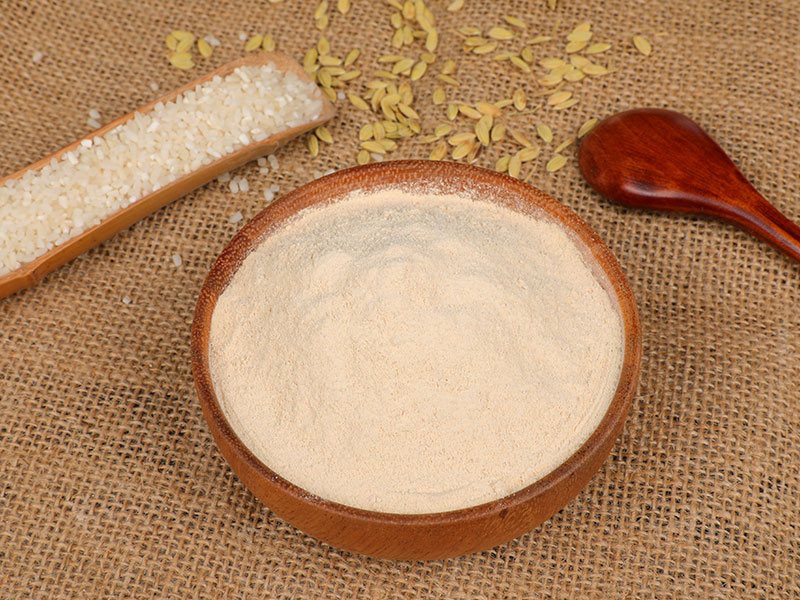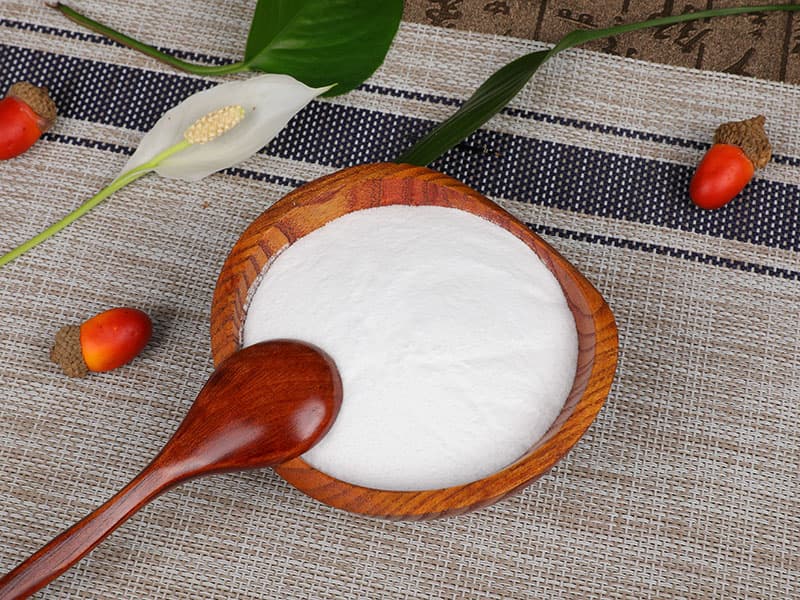High Fructose syrup is the major sweetener in most processed foods. It is made from a combination of glucose and fructose. Its popularity is due to its low price, availability and high heat stability.
It provides four calories per gram, just like sucrose and other sugars. However, there is no evidence that it contributes to weight gain any more than other caloric sweeteners.
It is a cheaper alternative to sugar
High Fructose Corn Syrup is a cheaper alternative to sugar and can be found in most foods and drinks. It is used as a sweetener and a natural preservative. It also helps to retain the texture of canned fruits and vegetables. It is also found in a variety of meat products to help preserve them.
HFCS is produced from corn, which can be grown more cheaply than sugarcane or sugar beets. This lower cost makes it a favorite of manufacturers, restaurants, bakeries, and other businesses. It is also less expensive to transport than sugar, which increases its popularity.
However, HFCS is linked to increased levels of obesity and insulin resistance. It causes blood sugar to increase, which leads to an increased appetite and a decrease in leptin, the hormone that signals that you are full. It also easily converts into fat. Avoiding HFCS and added sugars in general is one of the best ways to improve your health.
It is a natural preservative
High Fructose corn syrup is a natural preservative that helps foods stay fresher for longer. It also adds flavor to products and provides a firmer texture. Its hygroscopic property also helps to prevent freezer burn in frozen food.
HFCS is made from corn starch, which is a series of glucose molecules joined together. It is then processed by enzymes to separate some of the glucose into fructose. The result is similar to table sugar, which is made from cane or beets.
However, consuming too much fructose can cause several health problems. Excessive fructose can increase insulin resistance, which leads to weight gain and increased risk of diabetes. It can also stimulate the production of uric acid, which can lead to gout.
The best way to limit your fructose intake is by avoiding soda and other highly processed beverages. Instead, choose a variety of fruits and vegetables. These are rich in vitamins, minerals, and dietary fiber.
It is a stabilizer
HFCS is made from corn and contains more fructose than ordinary table sugar. It is often used in processed foods to add sweetness and stabilize them. It is also much cheaper than sucrose, which comes from sugar cane or beets. This is why it became the predominant sweetener in the United States in the 1970s.
In fact, HFCS is not even a natural product. It is actually manufactured by using enzymes to break down corn starch. The resulting glucose is then converted to fructose by further enzyme action. It is then mixed with pure corn syrup (100 percent glucose) and used to sweeten food and drinks.
While HFCS is a cheap substitute for sucrose, it has many negative health effects. Fructose is known to raise triglycerides in the blood, which can increase the risk of heart disease and other heart conditions. It also stimulates the production of uric acid, which can cause gout. In addition, it has been linked to weight gain and type 2 diabetes.
It is a sweetener
Fructose is a simple sugar found naturally in fruit, honey and vegetables. It has been consumed for centuries in many foods we still eat today. High fructose corn syrup (HFCS) is a sweetener made by enzymatic processes from cornstarch. It is most commonly used in soft drinks, but it is also found in other products like jams and cereals. The most common types of HFCS contain 42% or 55% fructose, as compared to table sugar’s 50/50 blend of glucose and fructose.
The use of HFCS has been blamed for America’s soaring obesity rates. But recent studies show that it is no worse than other sugars.
HFCS is found in many packaged foods that are not usually thought of as sweetened, including salad dressings, yogurt, crackers, nut butters, baked beans, canned tomato sauce and applesauce. It is important to read labels to avoid foods that contain HFCS. Manufacturers are required to list ingredients in order of their concentration, so HFCS is often listed near the top.


 English
English 中文简体
中文简体





